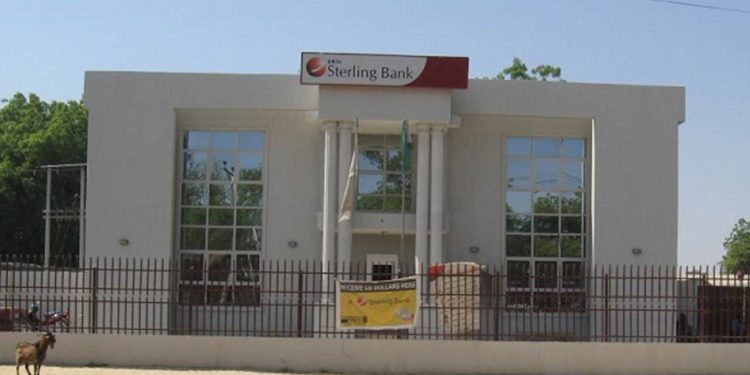Sterling Bank Plc said, it has partnered Community Pot, a social impact project, to launch a pilot project in Lagos to feed 500 malnourished children across Nigeria. Speaking at the launching of the project with the theme: ‘Adopt a Child to Recovery’, the chief executive officer of Sterling One Foundation, Mrs. Olapeju Ibekwe, said Sterling Bank is extremely passionate about children and their health.
She said the bank was excited to be a part of the project and would support the Community Pot project to feed 200 children for about three months by providing them with a baby feed known as Toddler Protein. The feed is manufactured by Whole Eats Foundation for feeding kids.
Also speaking, convener and initiator of the Community Pot project, Mrs. Kemi Jeje, said: “we want to make impact. We want to make a difference through the initiative.” She noted that at least one of the 17 Sustainable Development Goals (SDGs) of the United Nations (UN) is in alignment with the purpose of the project.
“According to statistics, 420,000 children die yearly in Nigeria as a result of malnutrition and until one sees one of them, it is just a number one is hearing.”
She said about 2.5 million children in the country are deemed to be malnourished and the project would try to reach as many of these children as possible, describing Community Pot as a social impact project that is not-for-profit but to add value to the community.
The feed, Toddler Protein, was introduced to nursing mothers at the event by founder and CEO of Mumpreneur Women Support Initiative, Mrs. Mofolusade Sonaike, while the CEO of Marvel Natural Products, Mrs. Temitope Akinyemi, described the project as phenomenal.
Mrs. Precious Ogbo, a nurse with the Primary Healthcare Centre in Opebi, Lagos, spoke on the benefit of breast-feeding children at an early age in life before giving them solid food.
She remarked that nursing mothers who could not afford infant formula should add Soya milk to pap drink for their babies so that they could eat healthily. The event, was attended by several nursing mothers and their children as well as other stakeholders.



